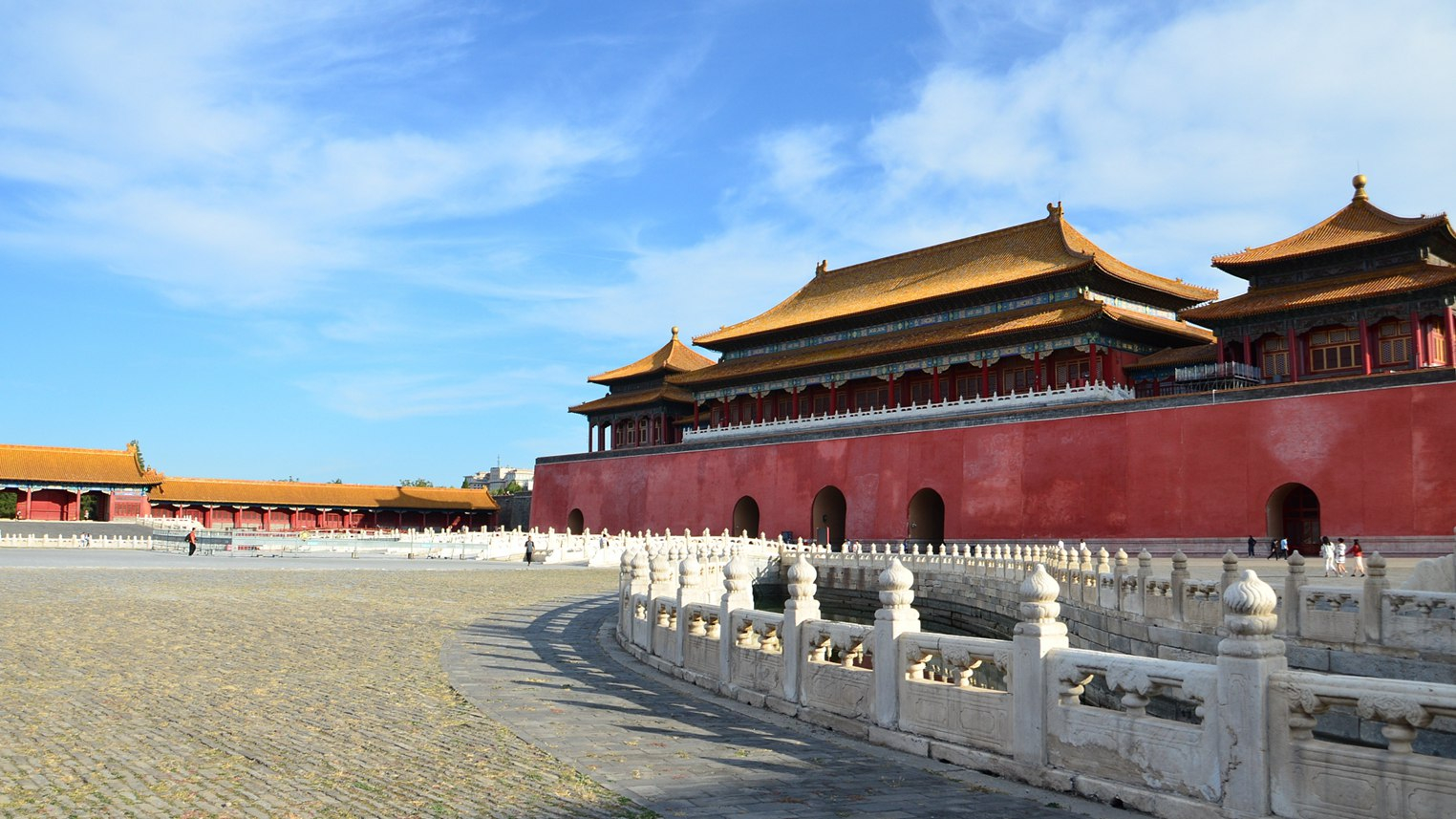Beijing plans to encourage the orderly opening and rational use of unused historic buildings, adhering to the principle of “protection before utilization,” officials said on Sunday.

File photo: CGTN
Zhang Qing, deputy director of the Standing Committee of the Beijing Municipal People's Congress, made the remarks at the fourth session of the 15th Beijing Municipal People's Congress, when explaining a draft of the “Regulations on Protection of the Famous Historical Cultural Metropolis of Beijing.”
According to the draft regulations, Beijing will add cultural and service functions such as libraries and museums to dormant historic buildings.
A key point of the regulations is that historic buildings in the old city in central Beijing can no longer be demolished, and the layout of the old city should be protected.
In order to promote the inheritance of traditional culture, the draft regulations support historical sites to organize commemorative activities to promote patriotism and the spirit of revolutionary tradition.
The draft regulations aim to combine the protection of historical sites with improving the living environment, so the fruits of development can be shared by all and benefit more people.
The draft regulations lay stress on management and control systems. For example, in the core protection area, new construction, alteration, expansion and other construction activities are not allowed except for the construction of municipal public facilities and the restoration of the landscape.
The draft regulations expands the scope of historic buildings and structures, defining them as having conservation value, reflecting a historical style and local characteristics, and having not been previously placed under government protection.
As a world-famous historical and cultural center, Beijing was protected by the State Council of China in 1982 in the first batch of listed National Famous Historical and Cultural Cities.
(Compiled by Xiong Xinyi)


